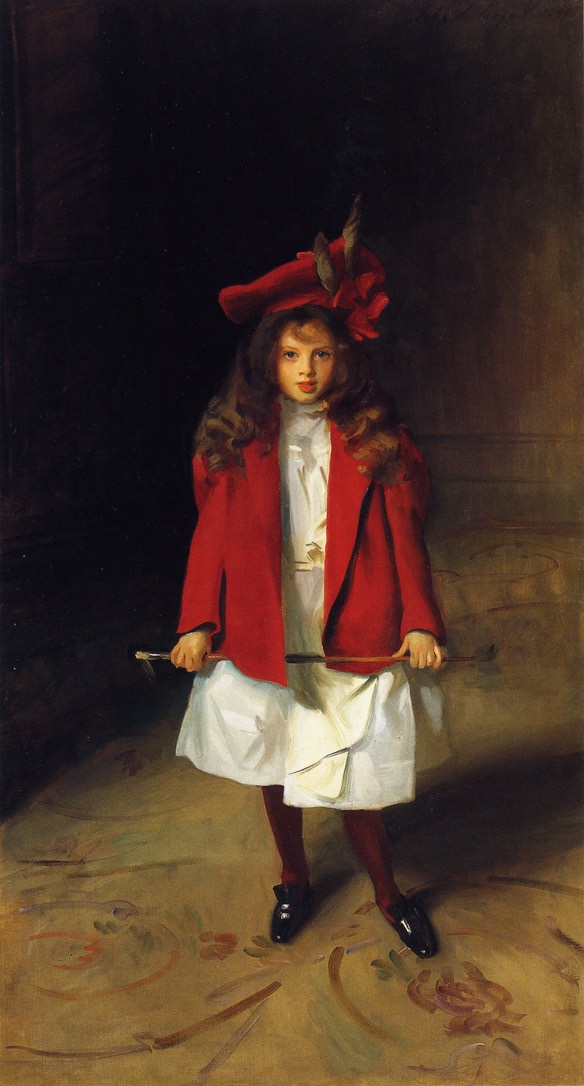
Volume 2 of The works of Francis Thompson, Poems contains a section titled A Narrow Vessel, starting with the following description:
Being a little dramatic sequence on the aspect of primitive girl-nature towards a love beyond its capacities
It consists mostly of poems about unhappy love affairs with girls; they are often bitter and reproachful, sometimes telling of “sin.”
My choice from that section is titled after Penelope, Ulysses’ wife in Homer’s Odyssey. She waits twenty years for her husband’s return, devising various tricks to delay marrying any of her numerous suitors. In particular, she pretends to be weaving a shroud and claims that she will choose a suitor when she has finished, but every night for three years, she undoes part of the shroud.
In this poem, a young girl plays at loving the poet, doing everything to inflame his passion, but she remains distant and cold. She takes back her love: “You gave yourself as children give, that weep / And snatch back, with—‘I meant you not to keep!’” Her love is a pretence, as Penelope with her suitors: “For, wild Penelope, the web you wove / You still unweave, unloving all your love.”
PENELOPE
LOVE, like a wind, shook wide your blossomy eves;
You trembled, and your breath came sobbingwise,
For that you loved me.
You were so kind, so sweet, none could withhold
To adore, but that you were so strange, so cold,
For that you loved me.
Like to a box of spikenard did you break
Your heart about my feet. What words you spake!
For that you loved me.
Life fell to dust without me; so you tried
All carefullest ways to drive me from your side,
For that you loved me.
You gave yourself as children give, that weep
And snatch back, with—‘I meant you not to keep!’
For that you loved me.
I am no woman, girl, nor ever knew
That love could teach all ways that hate could do
To her that loved me.
Have less of love, or less of woman in
Your love, or loss may even from this begin—
That you so love me.
For, wild Penelope, the web you wove
You still unweave, unloving all your love.
Is this to love me,
Or what rights have I that scorn could deny?
Even of your love, alas, poor Love must die,
If so you love me!
Source of the poem: The works of Francis Thompson, Poems: Volume 2, New York: Charles Scribner’s Sons (1913), available on Internet Archive.

